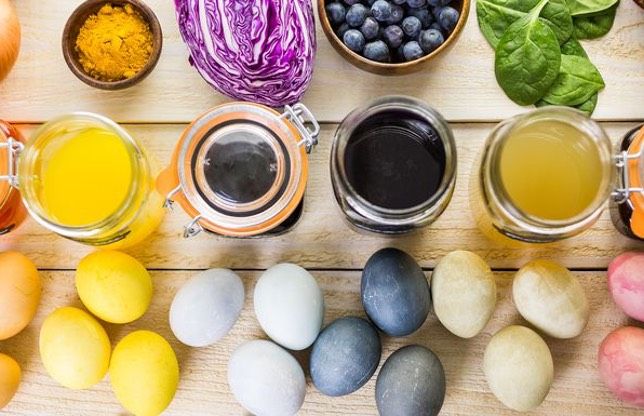Easter is for Romanian people, along with Christmas, the most important celebration of the year for each family. Preparations are done in advance and held with such reverence.
In Italy, Easter is preceded by carnivals, masked balls, parades and fireworks. On the Sunday before Easter, people go to church with olives and palm branches.
Once entering the church, the doors are closed, as the gates of Jerusalem. Priests knock 3 times, the doors open and people are waving olive branches, commemorating Jesus’ triumphal entry into Jerusalem.
On Friday, the church reconstructs the ritual from history of washing the feet of Jesus. 12 men are chosen, symbolizing 12 apostles, the priest, and Jesus Christ.
In Spain, the Lent period of meditation and prayer is for purification. On Sunday, people go to church and children take branches and palm fronds to celebrate and to be blessed by priest.
On Easter, bells are ringing down across France proclaiming the Resurrection and welcomes people to the church. Children are waking up in the morning to find eggs scattered throughout the room or in the garden. Traditional Easter menu includes lamb with vegetable garnish. Families gather Easter table, which lasts at least 5 hours.
In Austria, women are preparing eggs for decor – some eggs are cling to windows and prepared also for consumation. According to tradition, children must find eggs, sweets and small gifts over Easter bunny hidden in the house or in the garden and organize competitions clinking eggs. People also make a cake in the shape of a lamb, Osterlamm, which they offer to godparents.
In the Netherlands, the ceremonial dinner on Easter Sunday is decorated with colored eggs and spring flowers and there is served Paasbrood, a raisin cake. In the east of the country, every village has a light fire on a hill or higher ground. Dutch gather wood with several weeks before and compete for the biggest fire. Monday, the second day of Easter,
Children look around the house or garden for hidden colored eggs and the big races are to broken eggs, called eiertikken.
Traditionally, in Norway, Easter is not marked as a religious celebration. Houses are decorated with spring flowers and colored eggs. The celebration is held outside and people are going on vacation or skiing and spending time with family, from Holy Wednesday until Tuesday after Easter Sunday.
In Greece, Easter is the biggest holiday. People make Easter eggs that Greeks think it symbolizes the blood of Jesus and are a symbol of wealth.
In Russia people are going to church the night of Resurrection. After being blessed by a priest, people return home, where they serve meals with traditional products.

